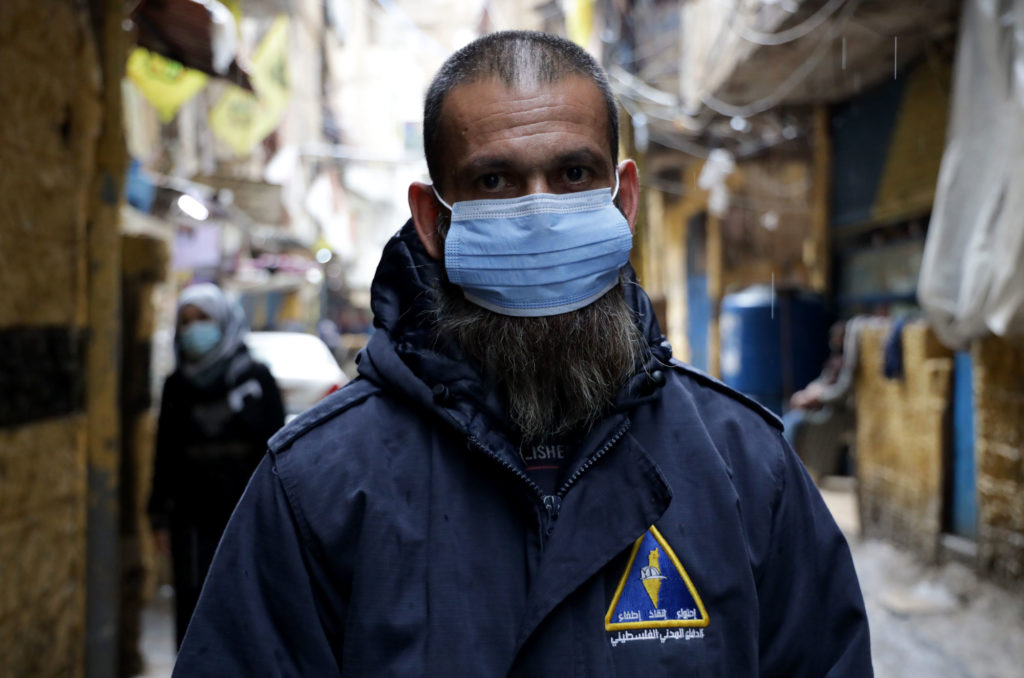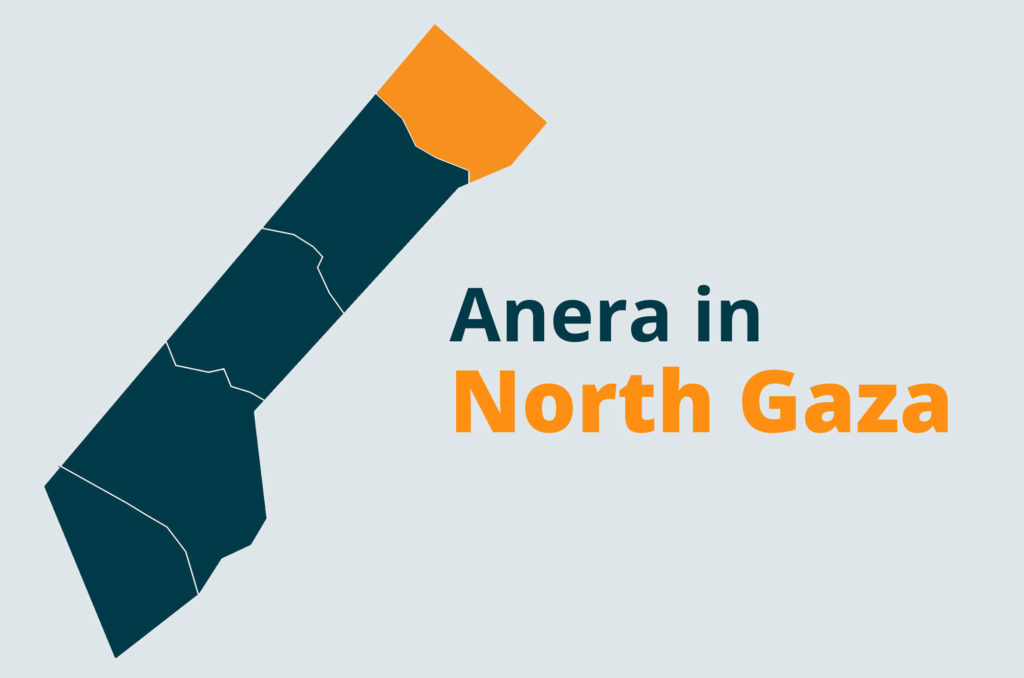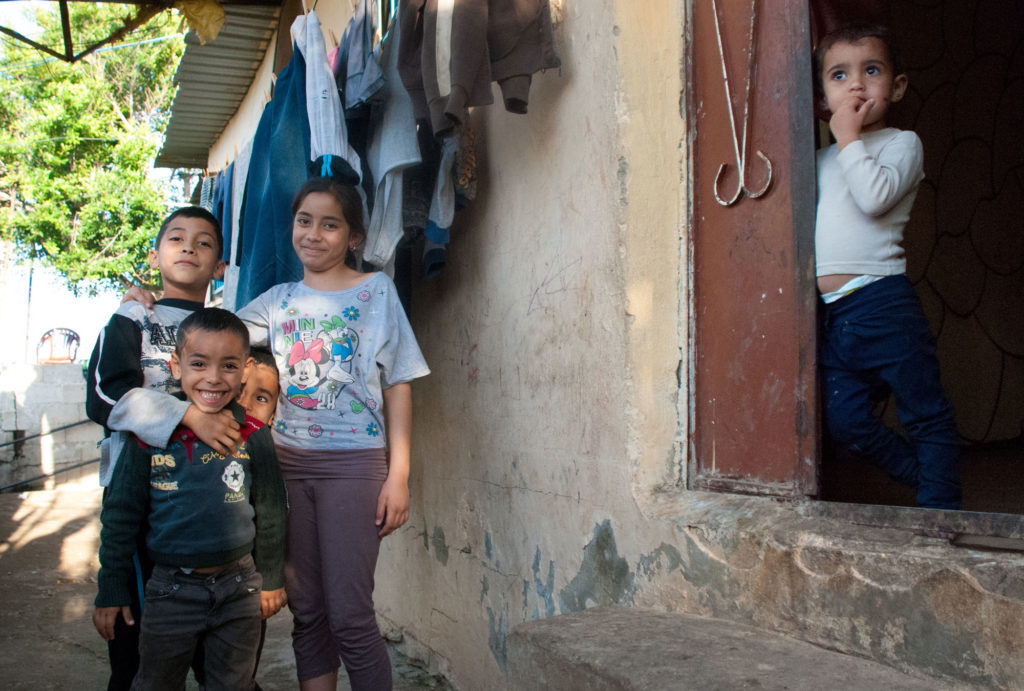HEALTH
Palestinian Refugees and Disability
Jan, 2021
Medical aid for 720+ refugees with disabilities in Lebanon
According to rights groups, people with special needs or disabilities are among the most vulnerable groups in society. Across the globe, they struggle to obtain basic services, medical aid, food and hygiene. Refugees face similar obstacles. It is essential to ensure that humanitarian aid reaches these groups, and particularly people that fall into both categories.
In Lebanon, the ongoing healthcare crisis resulting from the pandemic and the economic collapse has eroded living conditions for all refugees and migrant workers with disabilities. According to the UNHCR in 2020, 84% of refugees with a disability in Lebanon reported experiencing food insecurity. Many of these individuals are dependent on local charitable organizations for aid.
Surveying Palestinian refugees with disabilities demonstrates the extent of difficulties faced by this group, both due to their refugee status and their disability.
Refugees with disabilities are not given access to health services and so must resort to non-governmental organizations to access many healthcare services. These obstacles to care contribute to the spread of acute illnesses, further worsening the situation.
Palestinian refugee students with special needs have no public right to special accomodations and must obtain assistance from educational humanitarian groups.
The cooperative work between local and international organizations has been crucial in helping vulnerable communities. Many of these organizations had already been dedicated to supporting people with disabilities in Palestinian refugee camps who are often forgotten, even by public and private aid groups.
Rania Shehadeh, a spokesperson for the People’s Committee of the Palestine Liberation Organization in Burj El Barajneh Palestinian Refugee Camp, says,


“Demand for diapers for the elderly with disabilities has significantly increased since the outset of the coronavirus pandemic. We’ve had to depend on larger aid organizations... to provide diapers to families in need.”
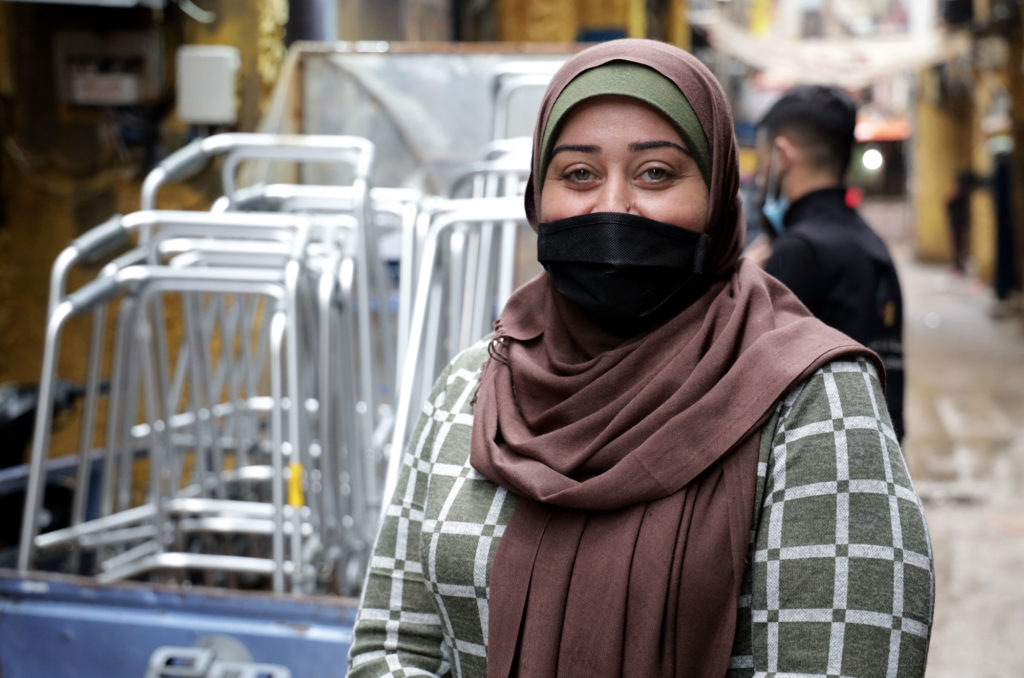

Anera and Wheels to Heal have partnered to help ensure that vulnerable groups like Palestinian refugees with disabilities receive the resources they need. Through a generous donation by Wheels to Heal, Anera was able to distribute wheelchairs as well as other needed disability supplies to vulnerable individuals, families and local charities. In addition to wheelchairs, the shipment included other necessities for people with disabilities like support frames, walking sticks, scooters, stools and mattresses, among other items. These efforts are helping to sustain aid for refugees with disabilities, reaching over 720 people in need.
Shehadeh says,


“Anera supported us with wheelchairs for elderly and underprivileged patients, which we distributed equally.”
She warns that there is also “a huge need for medicine and food,” as the camp’s elderly population relies on charitable groups to supply these basic necessities.
With the worsening of the public health and the economic and political crises in Lebanon, local humanitarian organizations have become overwhelmed.
Reema Jawda is a supervisor at the Shatila Home Center for the Elderly, which provides free medical services and physical therapy for older adults in the Shatila, Burj El Barajneh and Nahr El Bared Palestinian refugee camps.
Jawda says the center is facing shortages in the midst of the economic crisis and the pandemic, “spark[ing] fears in our elderly community that our services might be interrupted.”
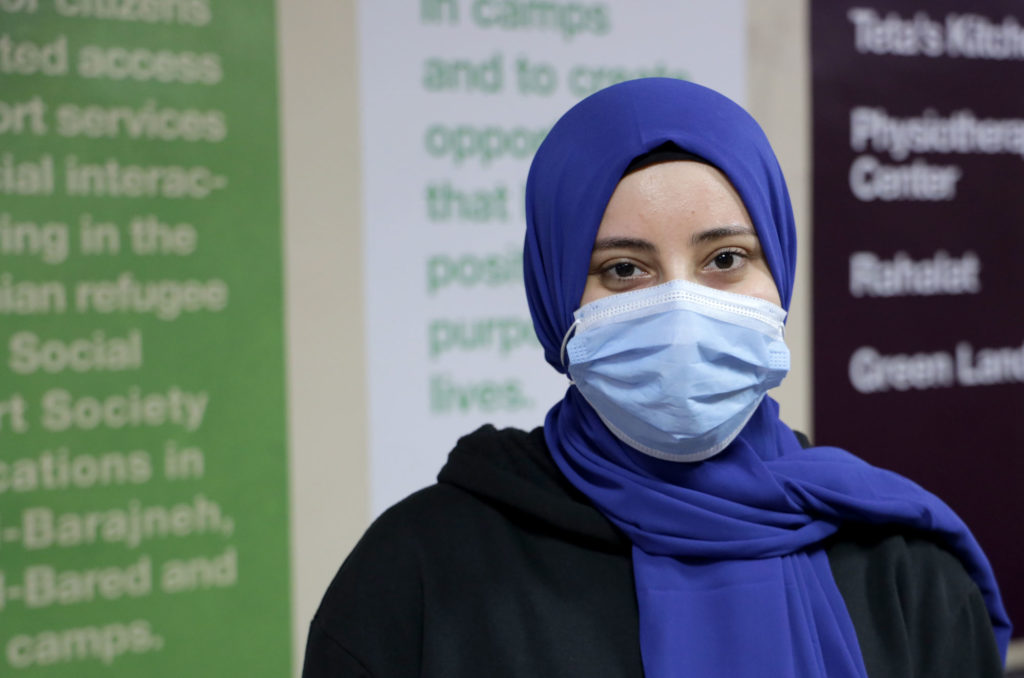

Aid work is assisted in the Palestinian refugee camps of Lebanon by the Palestinian Civil Defense. The independent civil society organization maintains comprehensive data identifying vulnerable older individuals with disabilities to distribute aid. In Shatila Palestinian Refugee Camp, they treat some 155 patients each month, providing free basic medical care like burn and wound treatment.
Nidal Maarouf, head of the Shatila regiment in the Palestinian Civil Defense, says,


“Thanks to this valuable initiative from Anera, we’ve received mobility aid supplies, including wheelchairs for the elderly, which will be distributed to six Palestinian refugee camps [Shatila, Burj El Shamali, Burj El Barajneh, Ein El Hilweh, Nahr El Bared and Baddawi].”
